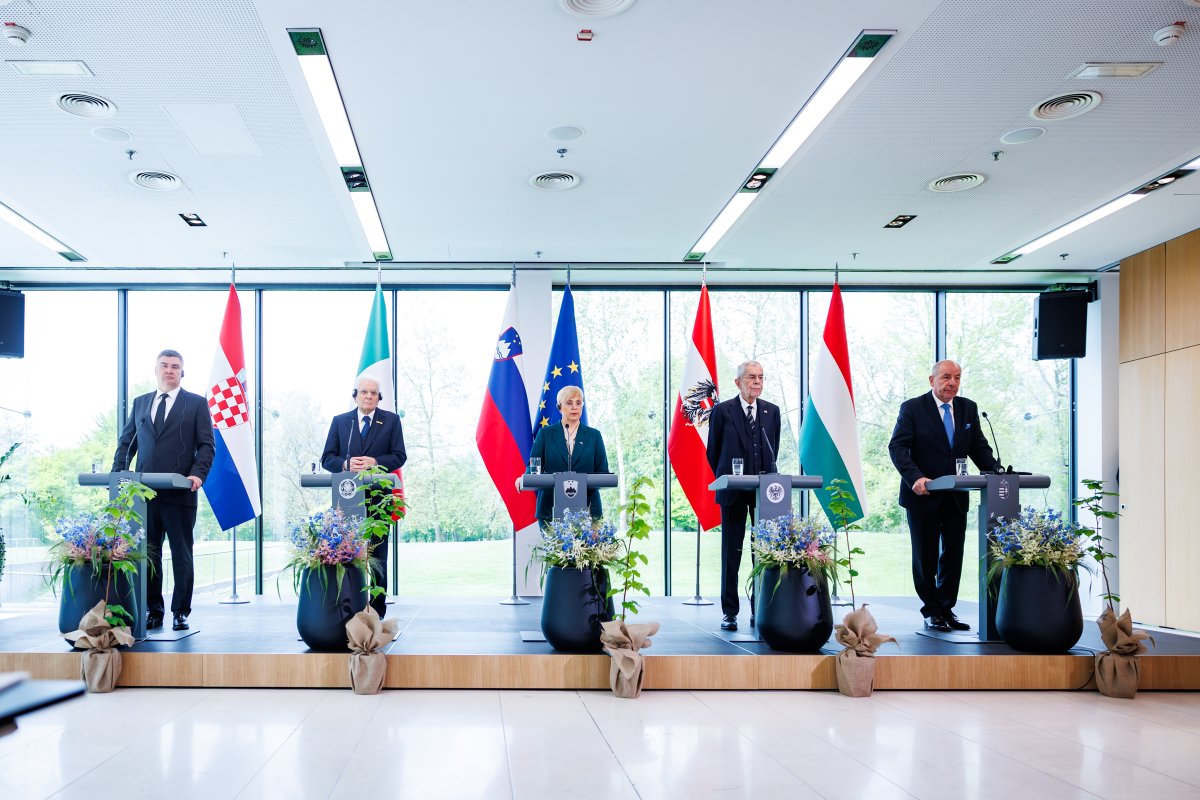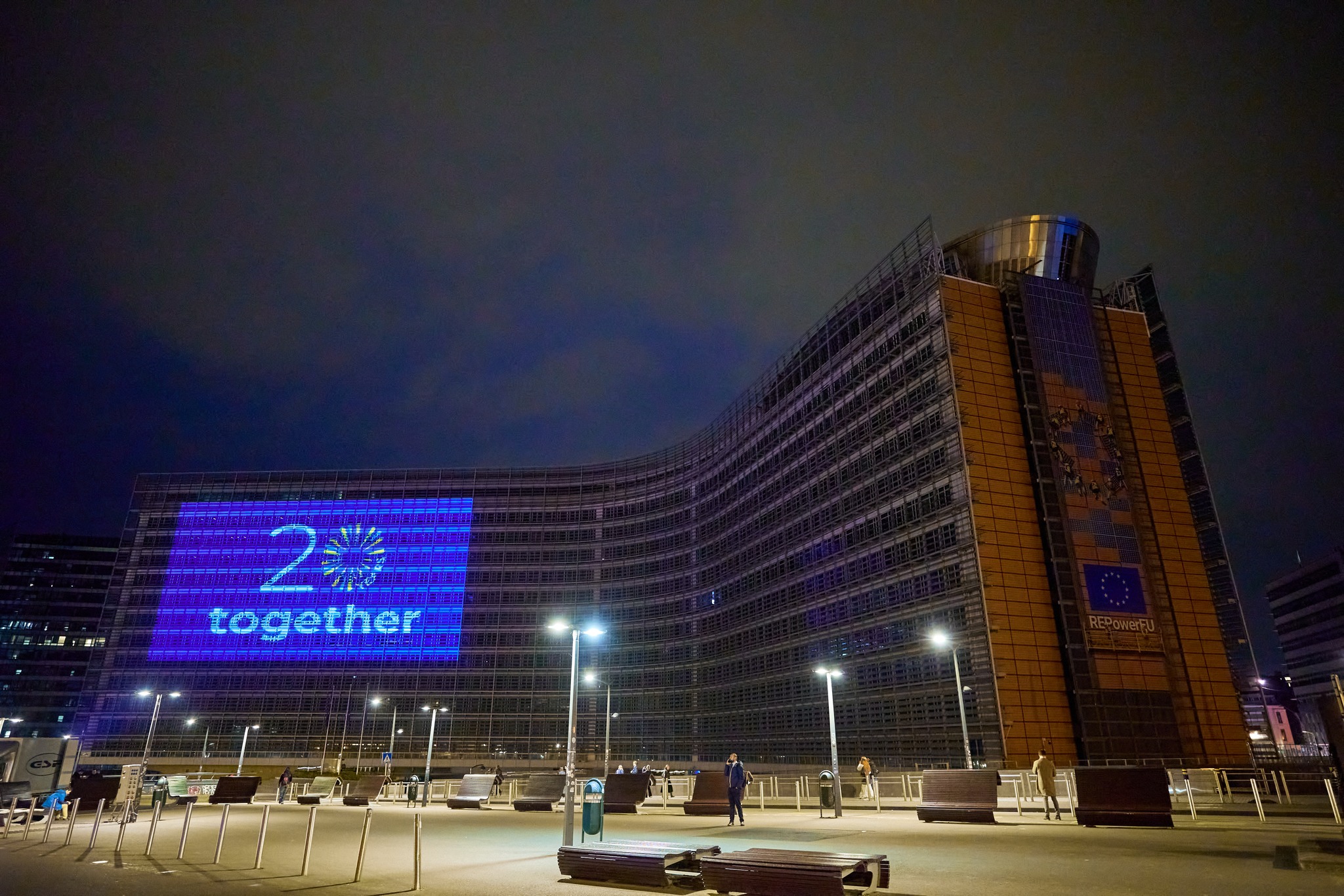
Hungary's position is contrary to the increasingly federalist approach in European politics.Continue reading

Experts at a roundtable discussion titled “EU 20 – Hungary’s EU Membership Experience,” organized by the Mathias Corvinus Collegium (MCC) in Budapest, deemed May 1, 2004 (the day of Hungary’s accession to the EU), as historic.
Rajmund Kiss, Head of MCC’s Diplomacy Workshop, remarked that Hungary’s accession enriched the EU, though acknowledging a lack of the unity it once possessed.
He suggested that a conservative shift could enhance the EU’s competitiveness.
Balázs Ferkelt, an economist and associate professor at Budapest Business University (BGE), likened EU membership to a changing marriage, citing Hungary’s economic strengths alongside EU competitiveness challenges. Csaba Moldicz, head of MCC’s Foreign Economic Workshop, emphasized diminishing importance of economic integration amid global transformations. Rajmund Kiss criticized the evolving Brussels bureaucracy, noting its increasing regulatory powers over Member States and the leadership’s favoritism towards Ukraine’s accession, citing readiness concerns. He emphasized rural factory growth due to improved motorways, suggesting a balanced foreign trade model.
Regarding EU funds, Mr. Ferkelt highlighted Hungary’s focus on transport infrastructure development, making it a leader in Central and Eastern Europe. He also emphasized agriculture, education, and business development.
Mr. Moldicz also stressed the necessity of infrastructure for trade, advocating for north-south connectivity. He addressed the shift in global investment dynamics, necessitating adaptation.
Ferkelt noted Hungary’s attractiveness to Eastern investors due to EU membership.
The discussion also covered the potential impact of Donald Trump’s presidency on Europe, with Mr. Kiss predicting effects on issues like migration and values. Integration of the Western Balkans was deemed crucial for Hungary’s EU Presidency by Mr. Ferkelt, enhancing regional relations and security.
Via MTI; Featured Image: Facebook / European Commission